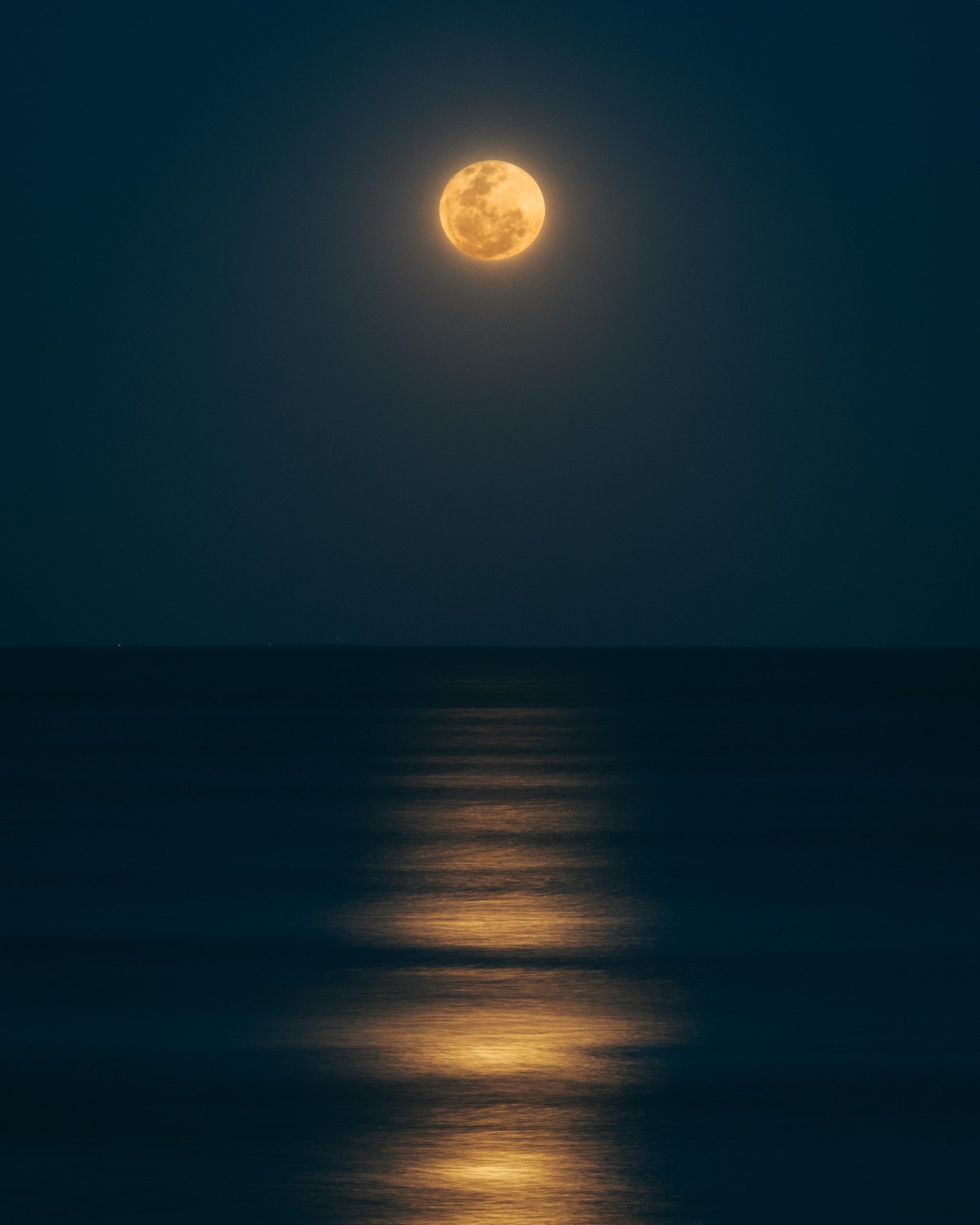How Does the Moon Affect Women’s Menstrual Cycle?
The moon has long been associated with various natural phenomena on Earth, from tides to animal behavior. One fascinating and often debated topic is whether the moon can influence a woman’s menstrual cycle. While the scientific evidence is inconclusive, many women report experiencing changes in their menstrual patterns corresponding to lunar phases. In this blog post, we will explore the potential connection between the moon and women’s menstrual cycles and examine the scientific theories and anecdotal evidence behind this phenomenon.
The Menstrual Cycle: A Brief Overview
Before delving into the lunar connection, let’s quickly recap the basics of the menstrual cycle. The menstrual cycle is a recurring monthly process in which a woman’s body prepares for possible pregnancy. It typically lasts around 28 days, but this can vary from woman to woman.
The cycle consists of four phases:
- Menstruation: This is the phase in which the lining of the uterus sheds, resulting in the menstrual bleeding.
- Follicular phase: The ovaries produce follicles that contain eggs. One follicle matures, preparing for ovulation.
- Ovulation: The mature egg is released from the ovary and travels through the fallopian tube, ready for fertilization.
- Luteal phase: If fertilization and implantation do not occur, the uterus prepares for the next menstrual cycle.
The Lunar Connection
Many ancient cultures believed in a link between the moon and human fertility. The word “menstruation” itself is derived from the Latin term “mensis,” meaning month, as it roughly corresponds to the lunar cycle.
While modern science has debunked some of the mystical beliefs surrounding the moon, some researchers continue to explore the potential impact of lunar phases on natural processes, including menstrual cycles. One theory is that the moon’s gravitational pull affects the flow of fluids within the human body, similar to its influence on ocean tides.
However, scientific studies seeking to validate this theory have produced mixed results. Some studies have identified a correlation between lunar phases and menstrual onset, while others have found no significant connection. The complexity of the menstrual cycle, combined with variations in individual physiology, makes it challenging to draw definitive conclusions.
Anecdotal Evidence and Observations
Despite the lack of conclusive scientific evidence, many women report experiencing changes in their menstrual cycles based on lunar phases. Some claim to have more regular cycles when the moon is full, while others report irregularities during certain lunar phases.
One hypothesis suggests that the moon’s influence on menstruation could be related to its impact on sleep and melatonin levels. Melatonin is a hormone involved in regulating sleep and reproductive cycles. Disruptions in sleep patterns or shift work could potentially affect melatonin production and indirectly influence menstrual patterns.
Others argue that the lunar connection may be rooted in cultural beliefs and psychological factors. As the moon has been a symbol of femininity and cyclical patterns throughout history, this association might lead some women to anticipate or perceive changes in their menstrual cycles.
Taking a Holistic Approach
Whether or not the moon directly affects women’s menstrual cycles, it is crucial to remember that menstruation is a complex biological process regulated by various factors, including hormones, genetics, diet, stress, and overall health.
While it can be fascinating to explore potential connections between the moon and menstrual cycles, it is important not to rely solely on lunar phases for predicting or understanding one’s menstrual patterns. Women should prioritize maintaining a healthy lifestyle, seeking medical advice if experiencing substantial irregularities, and tracking their cycles over time for better self-awareness and overall reproductive well-being.
Final Thoughts
The question of whether the moon influences women’s menstrual cycles remains a topic of ongoing scientific curiosity and personal fascination. While some women attest to changes in their cycles corresponding to lunar phases, scientific evidence to support this connection is currently inconclusive.
As the moon continues to captivate and inspire human curiosity, it is essential to approach the lunar-menstrual connection with an open mind and critical mindset. Regardless of any potential lunar influence, understanding our bodies’ unique rhythms and seeking expert guidance when needed is paramount to maintaining reproductive health.
So, while the moon may not hold all the answers to our menstrual mysteries, it remains a source of wonder and inspiration in our shared human experience.
Table of Contents
